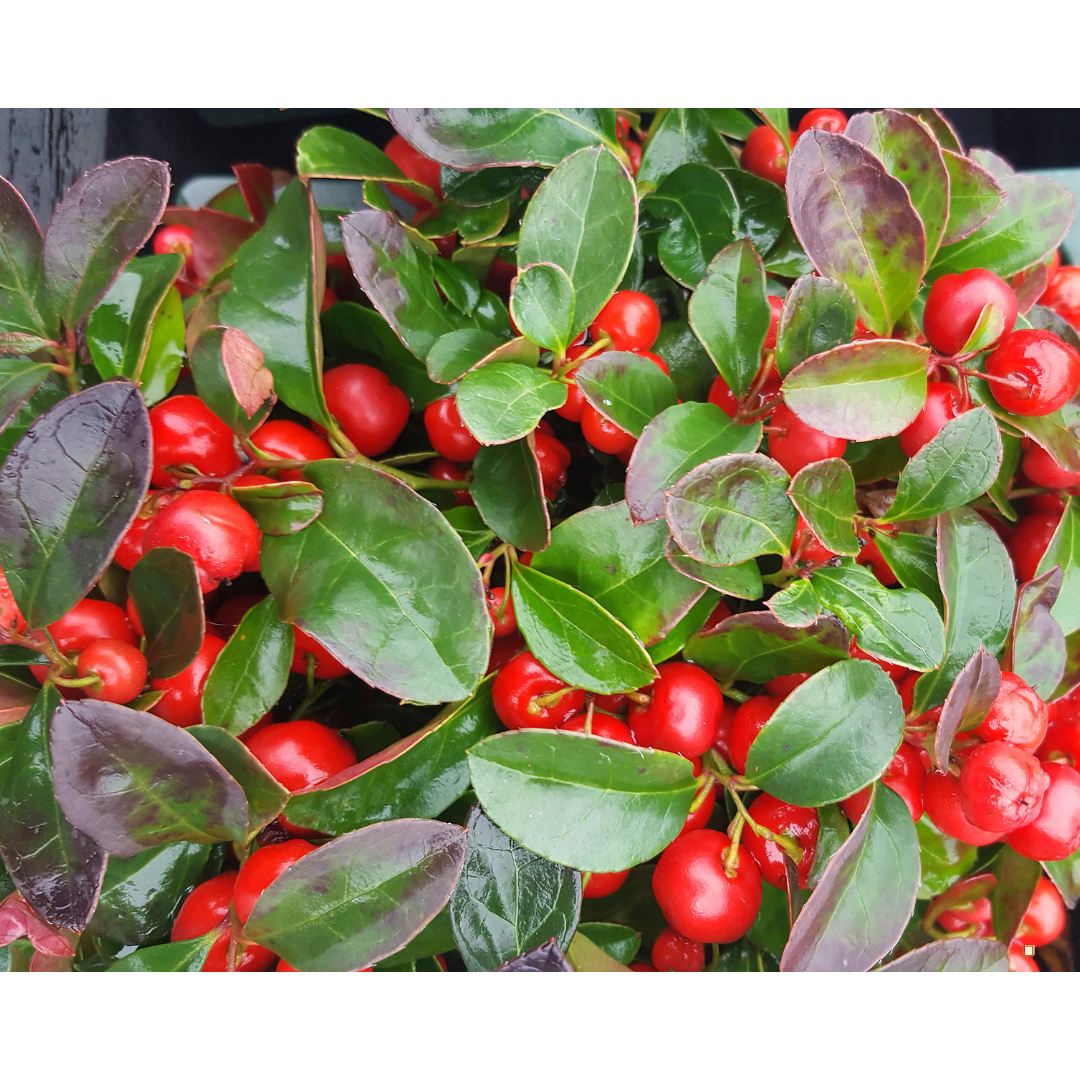
How Tanzanian Peaberry Coffee is Harvested and Processed
The journey of Tanzanian Peaberry coffee from tree to cup is as fascinating as the coffee itself. Nestled in the lush, high-altitude regions of Tanzania, peaberry beans undergo a meticulous process that begins with careful cultivation and ends with the precise roasting that coffee lovers appreciate. Each step, from harvesting to processing, plays a crucial role in developing the vibrant flavor profile that makes this coffee unique.
The Art of Harvesting Tanzanian Coffee
Harvesting Tanzanian coffee is a labor-intensive process that requires skill, patience, and a deep connection to the land. Most Tanzanian coffee farms are located on the fertile slopes of Mount Kilimanjaro and Mount Meru, where the volcanic soil and ideal climate provide the perfect environment for growing Arabica coffee.
Coffee cherries are typically hand-picked to ensure only the ripest fruit is selected. This method is essential for quality control, as underripe or overripe cherries can compromise the flavor of the final cup. Workers often make multiple passes through the coffee plants during the harvest season, carefully inspecting and plucking cherries at their peak ripeness. This attention to detail is especially important for peaberry coffee, as the rarity of peaberries means that every single bean counts.
Once the cherries are harvested, they are quickly transported to the processing stations. This immediacy helps preserve the cherries' freshness and ensures the final coffee maintains its vibrant, fruity character.
Processing Tanzanian Peaberry Coffee: Wet-Processing Method
The majority of Tanzanian Peaberry coffee is processed using the wet-processing (or washed) method, which is prized for bringing out the coffee's bright acidity and clean flavor notes. This process begins with the cherries being sorted to remove any damaged or defective fruit. The sorting is often done by hand or through a flotation system, where ripe cherries sink, and lighter, less desirable ones float.
Next, the cherries are pulped to remove the outer skin and pulp. This step reveals the seeds, which are still covered in a sticky mucilage layer. The seeds are then fermented in tanks for 12–48 hours, depending on environmental conditions. Fermentation helps break down the mucilage, allowing it to be washed away in the next step. The timing of fermentation is critical, as over-fermentation can negatively affect the coffee's flavor.
Once the mucilage is removed, the beans are thoroughly rinsed and sorted again to ensure uniformity. At this stage, the peaberries—small, round beans—are separated from the regular flat beans. This meticulous sorting is one of the defining characteristics of peaberry coffee production, as it requires additional labor and precision.
Drying the Beans: Preparing for Storage and Export
After the wet-processing stage, the beans must be dried to reduce their moisture content to a stable level. This step is crucial for preserving the coffee’s quality during storage and transport. In Tanzania, drying often takes place on raised beds, where the beans are spread out in thin layers and regularly turned to ensure even drying. This method allows air to circulate around the beans, preventing mold and fermentation.
The drying process can take 7–14 days, depending on the weather. Workers closely monitor the beans, covering them with tarps during the hottest parts of the day or if rain threatens. The goal is to reduce the moisture content to around 10–12%, which helps preserve the coffee's vibrant flavors and prevents spoilage.
Once dried, the beans, now referred to as parchment coffee, are hulled to remove the parchment layer. This step reveals the green coffee beans, which are then sorted once more by size, shape, and quality. The peaberries are carefully selected during this phase, ensuring that only the best beans make it to the roasting stage.
Quality Control and Grading
Quality control is a cornerstone of Tanzanian coffee production. Each batch of green coffee undergoes rigorous grading based on size, density, and defects. Peaberries, being a premium product, are held to particularly high standards. Tanzanian coffee is typically graded using a numbering system, with the peaberries often classified as AA or AB, indicating their exceptional quality.
This grading process ensures consistency and helps maintain the reputation of Tanzanian coffee as a world-class product. For home brew enthusiasts, this attention to detail means that every bag of peaberry coffee delivers a reliable and delightful brewing experience.
The Final Step: Exporting
Once the peaberries are graded and sorted, they are bagged and prepared for export. Tanzania exports its coffee primarily through the Tanzania Coffee Board and various cooperatives, which help small-scale farmers bring their products to the global market. These organizations play a vital role in supporting farmers and ensuring fair trade practices.
For coffee lovers around the world, the journey of Tanzanian Peaberry continues with roasters who unlock the beans’ full potential. Small-batch roasters, in particular, take great care to highlight the unique flavor profile of these rare beans, ensuring they reach your cup in peak condition.
Brewing at Home: Making the Most of Tanzanian Coffee
For home brew enthusiasts, understanding the journey of Tanzanian Peaberry coffee adds an extra layer of appreciation to every cup. Knowing the effort that goes into harvesting, processing, and sorting these beans can inspire you to experiment with brewing methods that highlight their unique characteristics.
Whether you prefer pour-over, French press, or AeroPress, take your time to extract the flavors that make this coffee so special. Its bright acidity, fruity notes, and clean finish are best appreciated in a carefully brewed cup.
Solutions for Sourcing the Best Tanzanian Peaberry Coffee
Finding consistently high-quality peaberry coffee can be a challenge, especially for home brewers seeking that ideal balance of freshness and flavor. At Frontier Coffee Roasters, we simplify your search with our expertly roasted Tanzanian Peaberry Coffee, produced in small batches to capture every nuance of its natural vibrancy and complexity. Whether you're a seasoned enthusiast or just beginning to explore the magic of peaberries, our commitment to excellence will elevate your brewing experience. For more insights into our process and offerings, visit the Frontier Roasters Coffee Hub or check out the Tanzanian Peaberry Coffee Hub.

